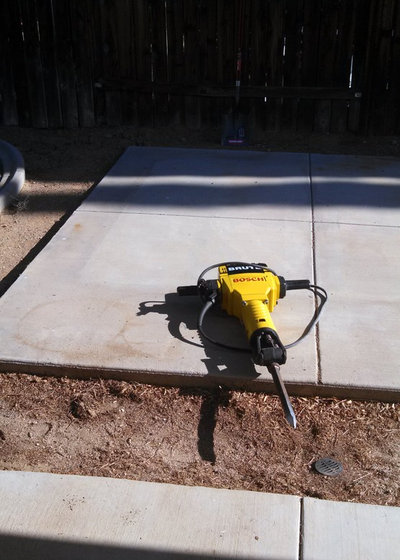First and foremost, when dealing with neighbors, safety is your priority. If your neighbor isn’t someone you feel comfortable confronting, then don’t. Use neighborhood associations, or even (if necessary) the police, to manage someone you feel unsafe around or unsure of.
But whether it’s a barking dog, a lawn mower, a crying baby, a kid with a basketball or a loud sound system, unwanted noise is one of the most frustrating aspects of living near others. We want things quiet when we want to sleep or concentrate or enjoy some peace, but we also don’t want to be challenged when we are the ones who may be making noise.
To help you decide whether you can feel good about lodging a complaint or whether you should shake it off and move on, here are some things to think about when it comes to noise in your neighborhood:
Try to determine if the noise is intentional and avoidable. Who is making the noise and how much control do they have over it? Before I let myself get bent out of shape or start thinking nasty thoughts about my inconsiderate neighbor — thoughts that will only amplify the whole situation in my head — I try to identify who is making the noise and if they have any control over it.
A crying baby in a neighboring apartment — sure it’s not fun to listen to, and the crying happens at very inconvenient hours, but there isn’t much that parents can do about it. Clearly they would rather have a happy baby too, so I know it’s not intentional; I know it’s temporary, and knowing this helps calm me down.
Think about duration and tolerance. How long does the noise last and how much does it disturb you? There is a kid who dribbles a basketball on his way to school each day, and his walk time is the last hour of my sleep time in the morning. In that sweet month or two when I don’t need my window air conditioner on and can sleep with the windows open (heaven in my book!), I realize I’m going to hear him and it’s going to last about three minutes. That’s enough time to wake me up and make me realize I’m awake, but I also recognize it’s short enough that I’m going to be able to get back to sleep. It’s something I can tolerate.
Can you tolerate an hour of trumpet practice? What about an afternoon of wood shop noises? Sometimes just knowing that the noise will end is enough to make it tolerable. You can always say, “Hi, Nancy. I was wondering if you could tell me how long Nate plans to practice his trumpet.”
One of the first steps toward finding a solution may just be finding out how much of a problem this noise is really going to be.
Be understanding and ask about or offer solutions. If it’s my neighbor’s lawn mower at 6:30 a.m. or son’s trumpet practice at 10 p.m. that’s disturbing the peace, well that’s something that might lead me (depending on who the neighbor is and my relationship with that person) to go over and ask if it’s possible for lawn mowing or practicing to happen at a different hour. “Hi, Jim, I was just wondering if it would work with your schedule to mow the lawn later in the morning or even afternoon or evening?”
It never hurts to ask, or at least to let your neighbor know that the activity is affecting others. Jim might respond, “Oh, I like to get it out of the way so that my day is free.” You can reply, “I totally get that; it’s just that it’s waking me up each morning long before my alarm, and I was hoping there was a solution that might work for both of us.” This can at least get the conversation rolling.
This covers the basics of dealing with unwanted noise in your building or neighborhood. With most amicable neighbors, you should feel confident discussing this issue.
And remember that you can always proactively check in with your neighbor. “Hey, Mike, I just wanted to let you know I’m working on a new project, and the chipper shredder is going to be making a lot of noise. Let me know if you need a break from it. I know it can be intense sometimes.” I bet Mike will think you’re a very considerate neighbor, and it may inspire him to return the kindness in the future.


